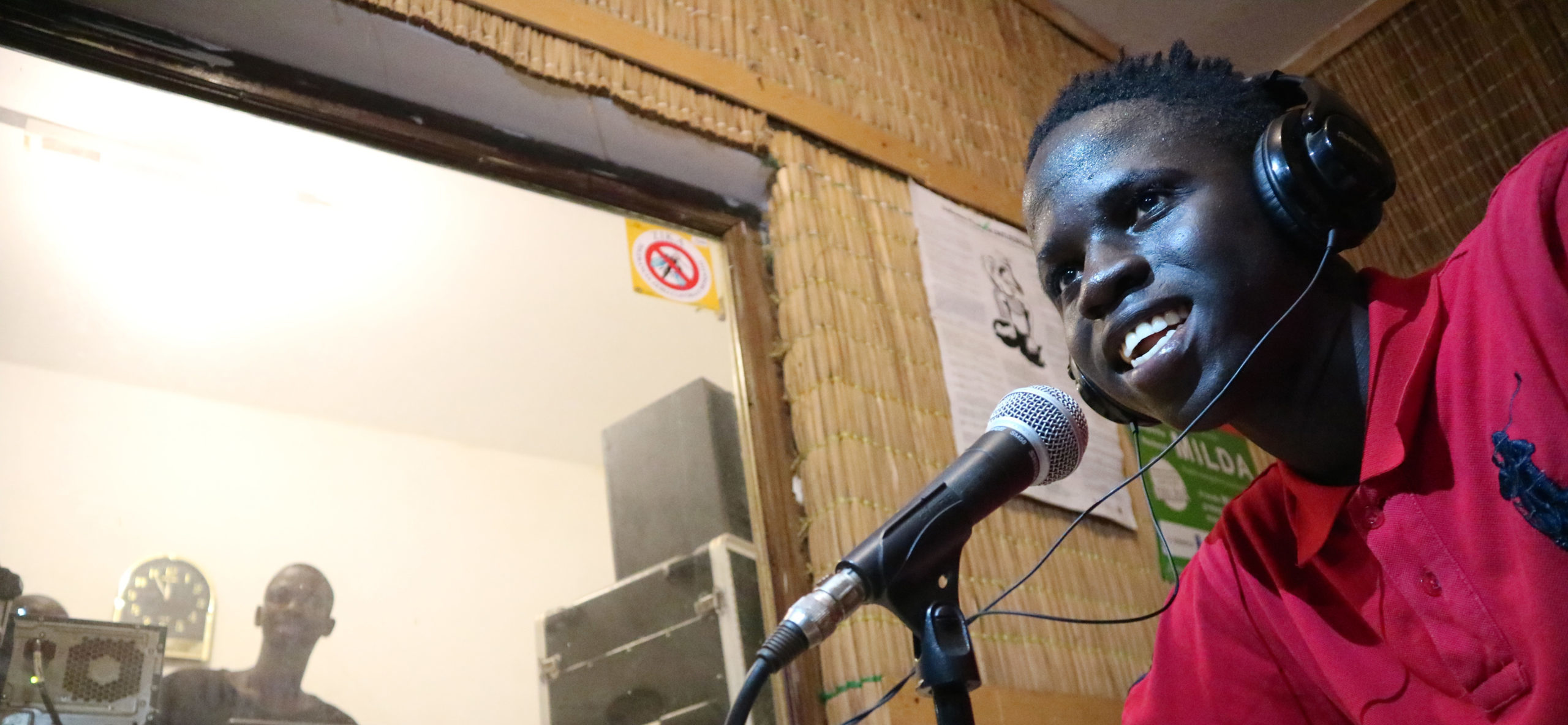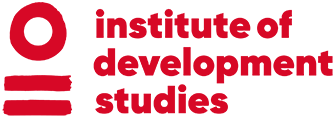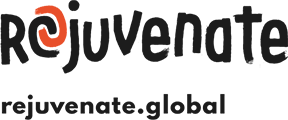post
On June 16, 1976, about ten thousand school children in Soweto, South Africa marched in protest of the poor quality of education they received from their government. The protest which is also known as the Soweto Uprising resulted in deaths and injuries of several school children.
Every year since 1991, June 16 has been the date set apart to highlight the need to improve education standards for African children. It also serves as a day to honour the lives of all involved in the Soweto uprising.
It has now been 30 years since the first International Day of the African Child (IDAC) and this calls for urgent reflection on what has changed since the demands of the Soweto Uprising were shut down in 1976. The theme for this year’s IDAC looked in particular at accelerating the implementation of Agenda 2040 for an “Africa that is fit for children”.
This article takes a closer look at this theme, drawing from interviews with Blair Glencorse, Founder of Accountability Lab, Mujidah Oladejo, founder of the Sustainability Hub and Believe Obafaite, founder of Foosteer Initiative – both Nigerian based partners of Blair’s Accountability Lab.
Through conversations with Blair, Mujidah and Believe, it is evident that the first step to building an Africa fit for children is by working with children and understanding their needs.
Creating an Africa fit for children
The Agenda 2040: Fostering an Africa fit for children, is a 25 year agenda established by the African Committee of Experts on the Rights and Welfare of the Child with the objective of restoring the dignity of the African child.
With 10 major aspirations, the agenda hopes to protect the rights of African children holistically and expand on priority areas that member states of the African Union committed in the buildup to 2040.
An Africa fit for children requires children and young people’s meaningful input in its design and implementation. This is in fact listed on the Aspiration x of the Agenda 2040 which states that “African Children’s views matter”. How then do we obtain views of African children and what do we do with them as governments, civil society leaders, schools and parents?
While we do not witness cases like the Soweto Uprising, we are still seeing children and young people marching out in protests to express their views as in the #EndSARS protests in Nigeria and the Global Youth Climate Strikes.
What we really see here is that beyond an expression of views, young people are really asking for accountability and shunning tokenistic participation that do not truly encompass the full meaning of youth and child participation.
While Africa grapples with a complexity of sustainable development challenges, one major issue has been around child education. Nigeria for example, prior COVID-19 pandemic, had the highest number of out-of-school children in the world.
Mujidah Oladejo’s start-up works on making sustainability a part of the schools’ curricula across Nigeria while engaging the government and private sector to improve the implementation of environmental management policies.
For her, children and young people in Africa will never be able to imagine the Africa they deserve if educational practices remain obsolete and out of touch with current global realities. She goes on to explain that, most African countries should be declaring states of emergencies from the deplorable state of education experienced by children.
But governments choose not to be accountable and transparent about their actions and inactions on sustainable development and this demonstrates the integral role of demanding accountability for the African Child.
Demanding accountability through unlikely networks in Africa
Having worked across Africa, Blair talks about witnessing a generational change in the way accountability is demanded by young people. This generational change, he explains, is fostered by unlikely networks – young people and advocates who use art and creativity to engage young people around accountability for social change.
Circling back to the Agenda 2040 and an Africa fit for children, new ways of demanding accountability and generating solutions to complex educational challenges has to be central to the process of change; and older generations must be aware and prepared.
Believe Obafaiye runs an NGO called Foosteer Initiative which works to tackle poverty and inequality by supporting children and girls to go to school in Nigeria, she explains that there are cultural and religious stereotypes that often hinder children from accessing education where it exists and these unlikely networks have become crucial in also influencing and breaking stereotypes in rural communities.
Children’s education is critical to driving sustainable development. This means we must all push for quality education for all African children to enable them to support our mission to build an Africa fit for them, an Africa where no one is left behind.






